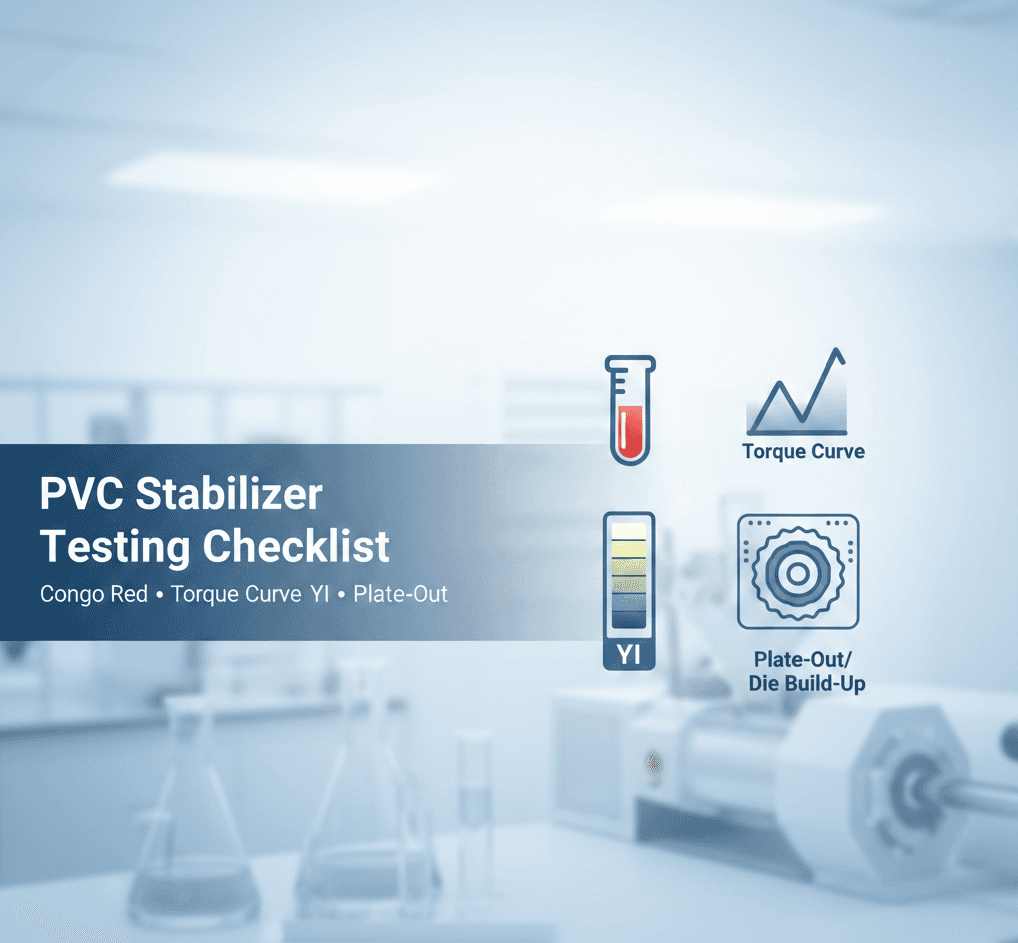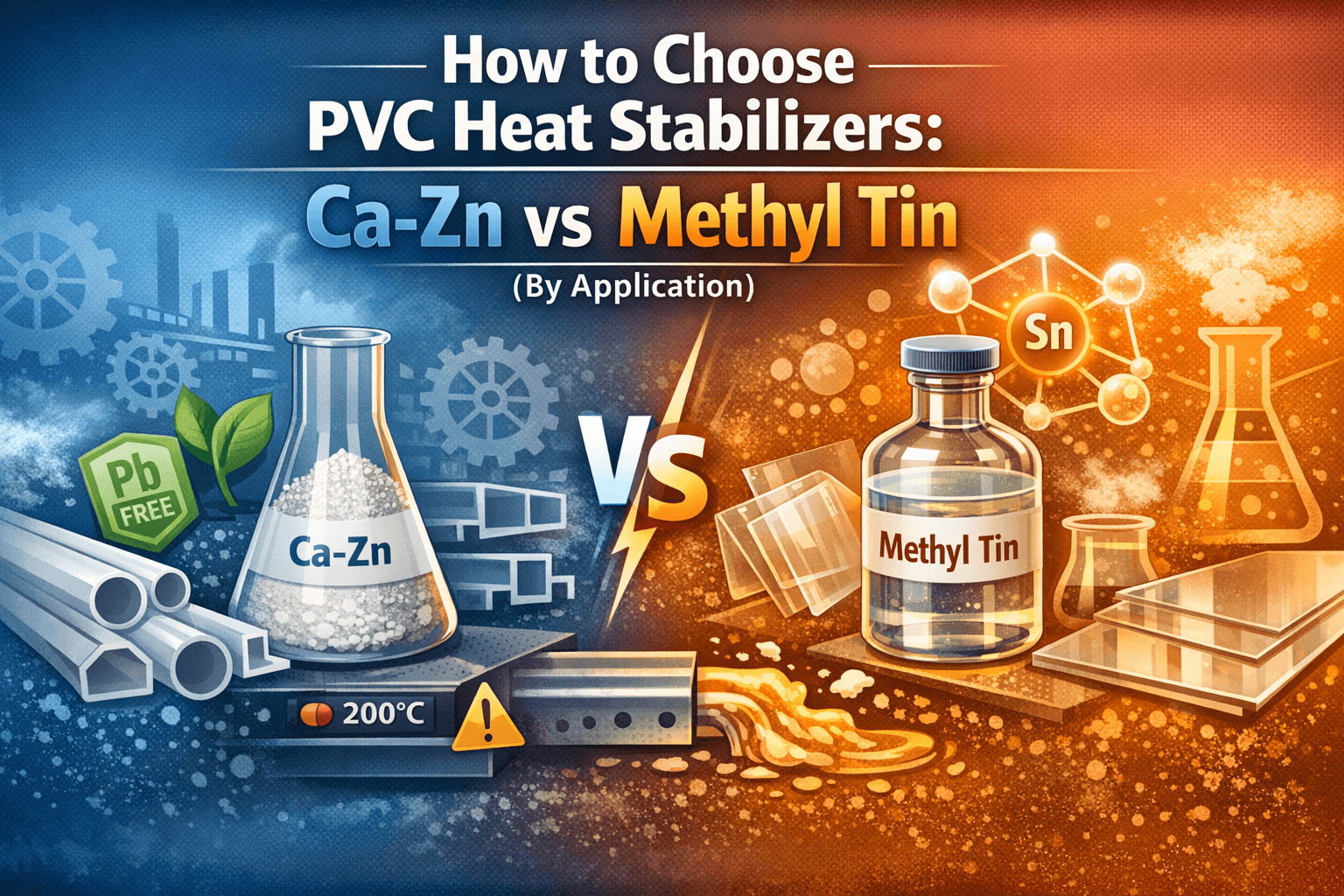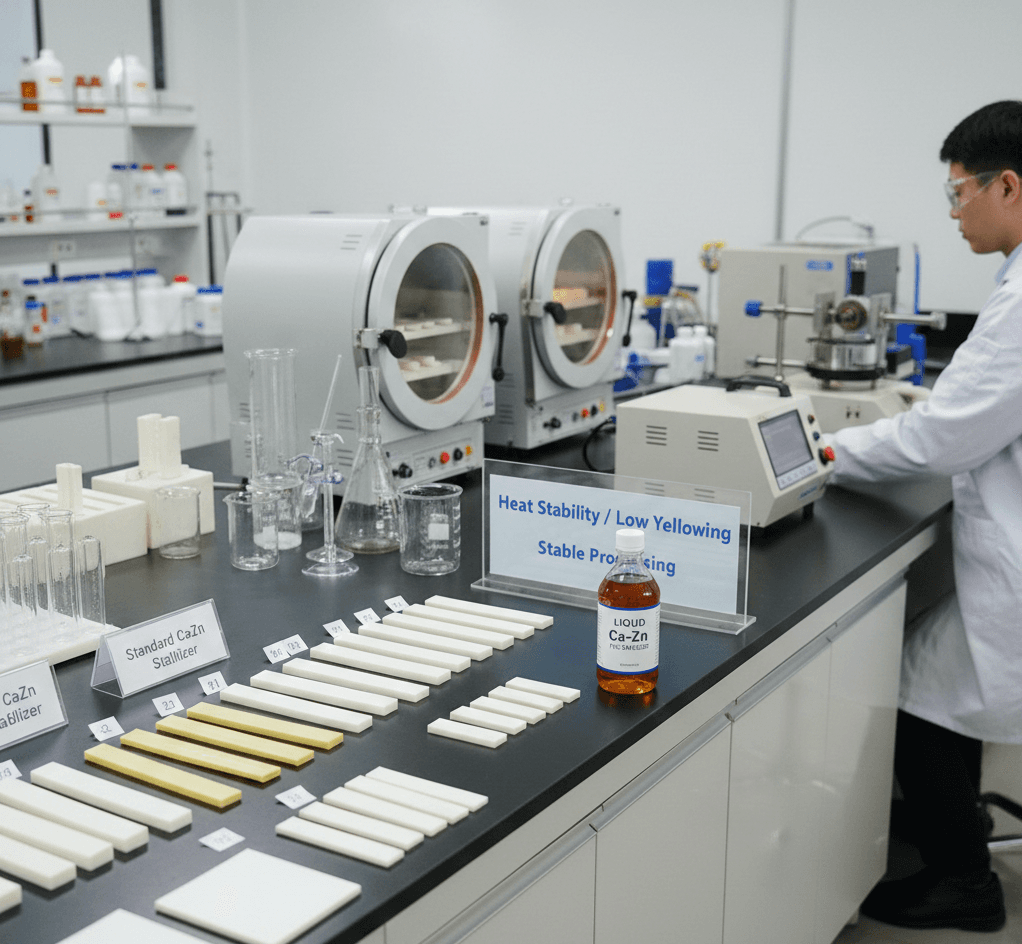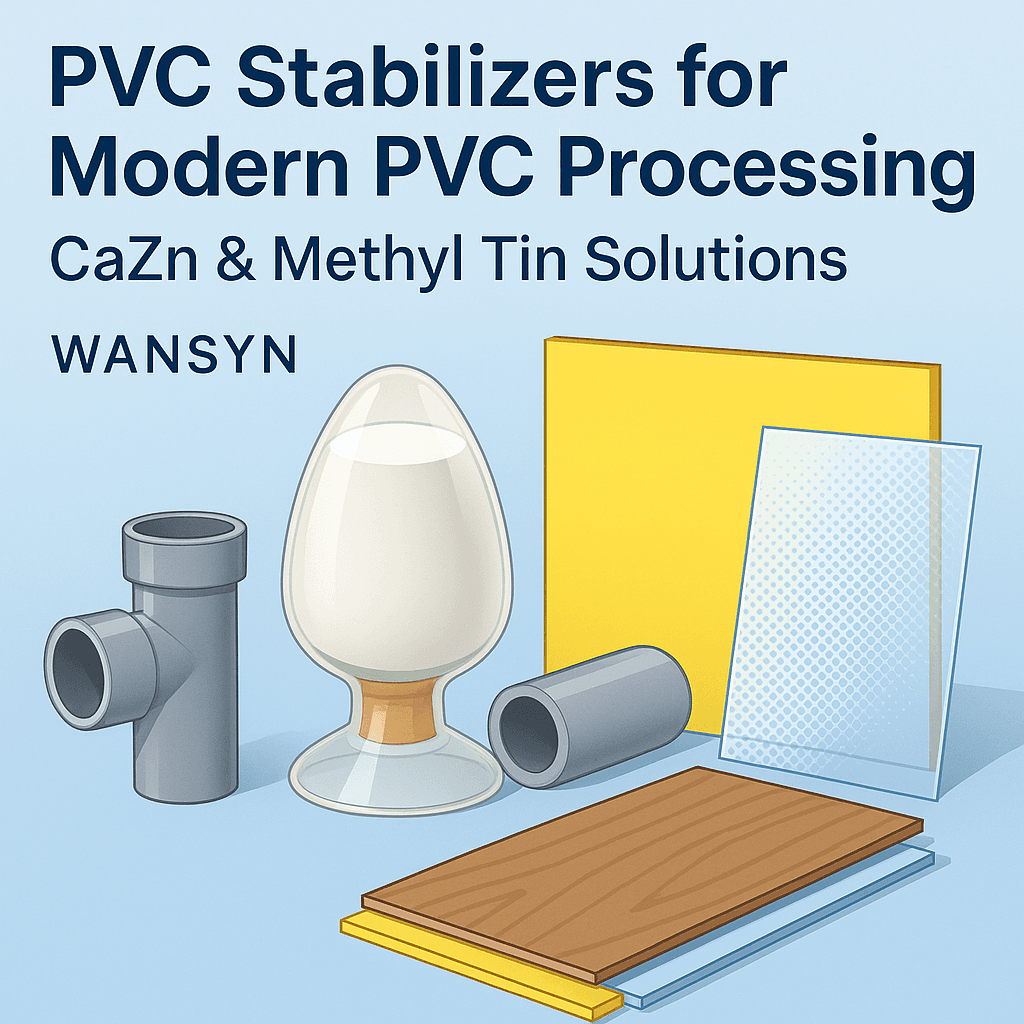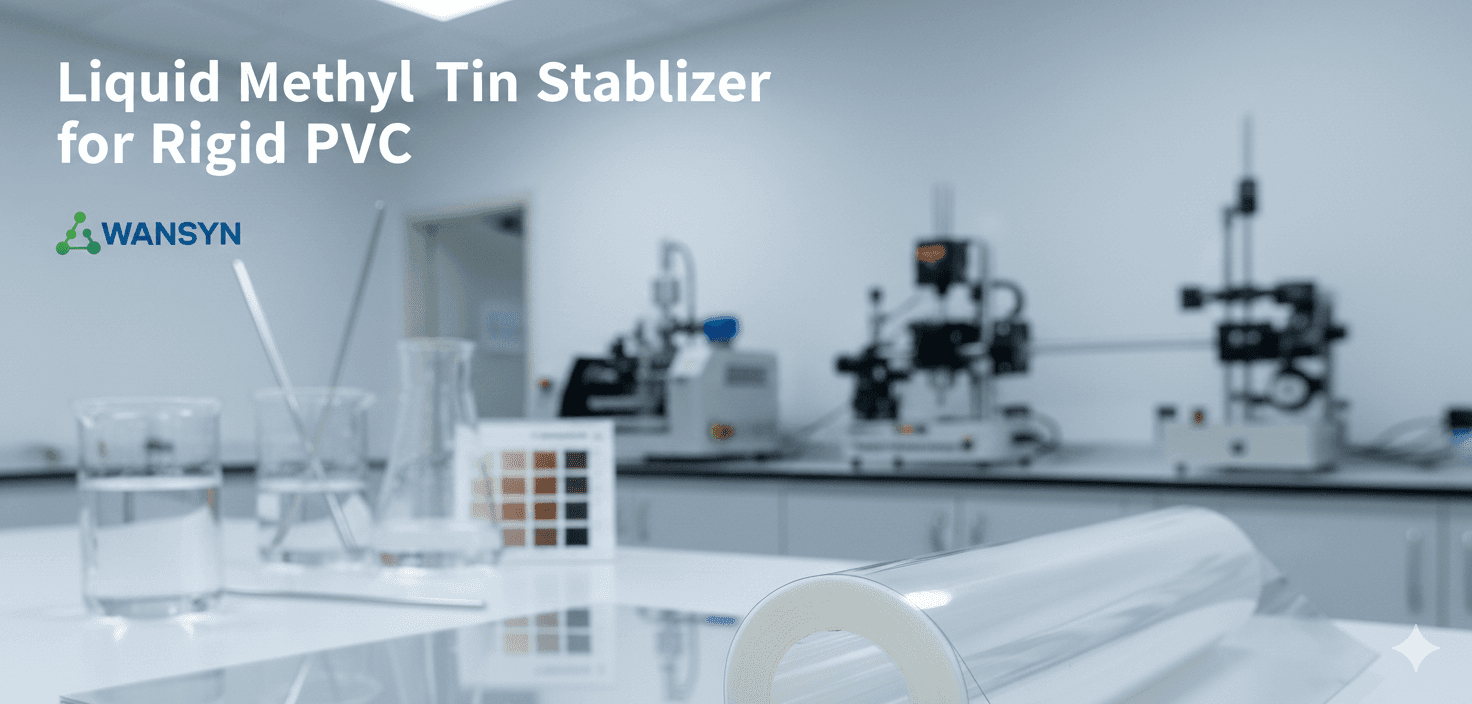Introduction to Methyl Tin Stabilizer
Methyl tin stabilizer is a crucial additive used principally to enhance the thermal stability of polyvinyl chloride (PVC) materials. As the preferred stabilizer in PVC production, this compound plays a vital role in reducing degradation and erosion when PVC is exposed to heat or sunlight. With its superior performance, methyl tin stabilizer helps maintain the integrity and appearance of products, ensuring longevity. The effective application of this stabilizer ensures that PVC products remain durable and reliable over their lifespan.
The Role of Stabilizer in PVC Production
In the PVC industry, stabilizers are indispensable components that help in achieving the desired properties of the final product. They come in various forms, such as lead-based, calcium-zinc, and tin-based stabilizers, among others. Among these, methyl tin stabilizer is favored for its exceptional thermal stability, non-toxic nature, and excellent processability. The addition of methyl tin stabilizer to PVC formulations helps prevent dehydrochlorination—a chemical process that leads to the breakdown of PVC under thermal stress—and consequently extends the life of the finished products. PVC stabilizer additives are vital as they allow the material to withstand high temperatures during processing while delivering consistent quality.
Advantages of Using Methyl Tin Stabilizer
There are numerous benefits to using methyl tin stabilizer in PVC production. Firstly, its high efficiency in stabilizing PVC makes it ideal for use in a wide range of applications, from construction supplies such as pipes and panels to household items including films and containers. Additionally, methyl tin stabilizer is recognized for its transparency, making it suitable for products where clarity is critical, such as packaging materials and window profiles. Unlike traditional stabilizers like lead compounds, methyl tin stabilizer is more environmentally friendly, aligning with the growing global emphasis on sustainable practices. Furthermore, its non-toxic properties make it safer for consumer products, particularly those involving food contact. Moreover, the stabilizer's ability to maintain PVC's physical properties at elevated temperatures ensures reliable performance, further affirming its importance in the marketplace.


